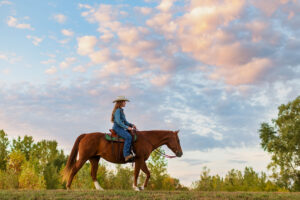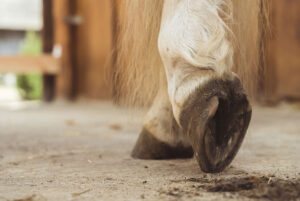UK’s Horse Pasture Evaluation Program Identifies Kentucky Pasture Trends
With more than 20,000 total farm acres evaluated since its inception in 2005 to the end of 2012, the University of Kentucky’s Horse Pasture Evaluation program, led by Ray Smith, PhD, professor and forage extension specialist within UK’s department of plant and soil science, knows a thing or two about what’s growing (or not growing) in Kentucky’s horse pastures.
In 2012, the program’s evaluations started early due to a mild winter that left many farms concerned about tall fescue in the winter months. Sampling began in mid-February and continued until early November. During this timeframe, the program’s team completed 18 farm evaluations.
In addition to providing valuable information to each of its client farms, the program also produces valuable research. With almost 130 evaluations performed over eight years, the program has a large data set about Kentucky horse pastures. That data set has been determined to be representative as well. A senior research project conducted by student Jacy Ritchie analyzed the team’s sampling technique to calculate how much field variation was being missed. She concluded that its sampling technique captures 95% of the variation within a field.
Understanding the program’s clients is essential to tailoring its services to meet their needs. The program has determined that there are two main types of clients: the large-scale commercial breeding operations and the small "backyard" pleasure farms. Each type has its own set of concerns and challenges
Create a free account with TheHorse.com to view this content.
TheHorse.com is home to thousands of free articles about horse health care. In order to access some of our exclusive free content, you must be signed into TheHorse.com.
Start your free account today!
Already have an account?
and continue reading.
Related Articles
Stay on top of the most recent Horse Health news with


















